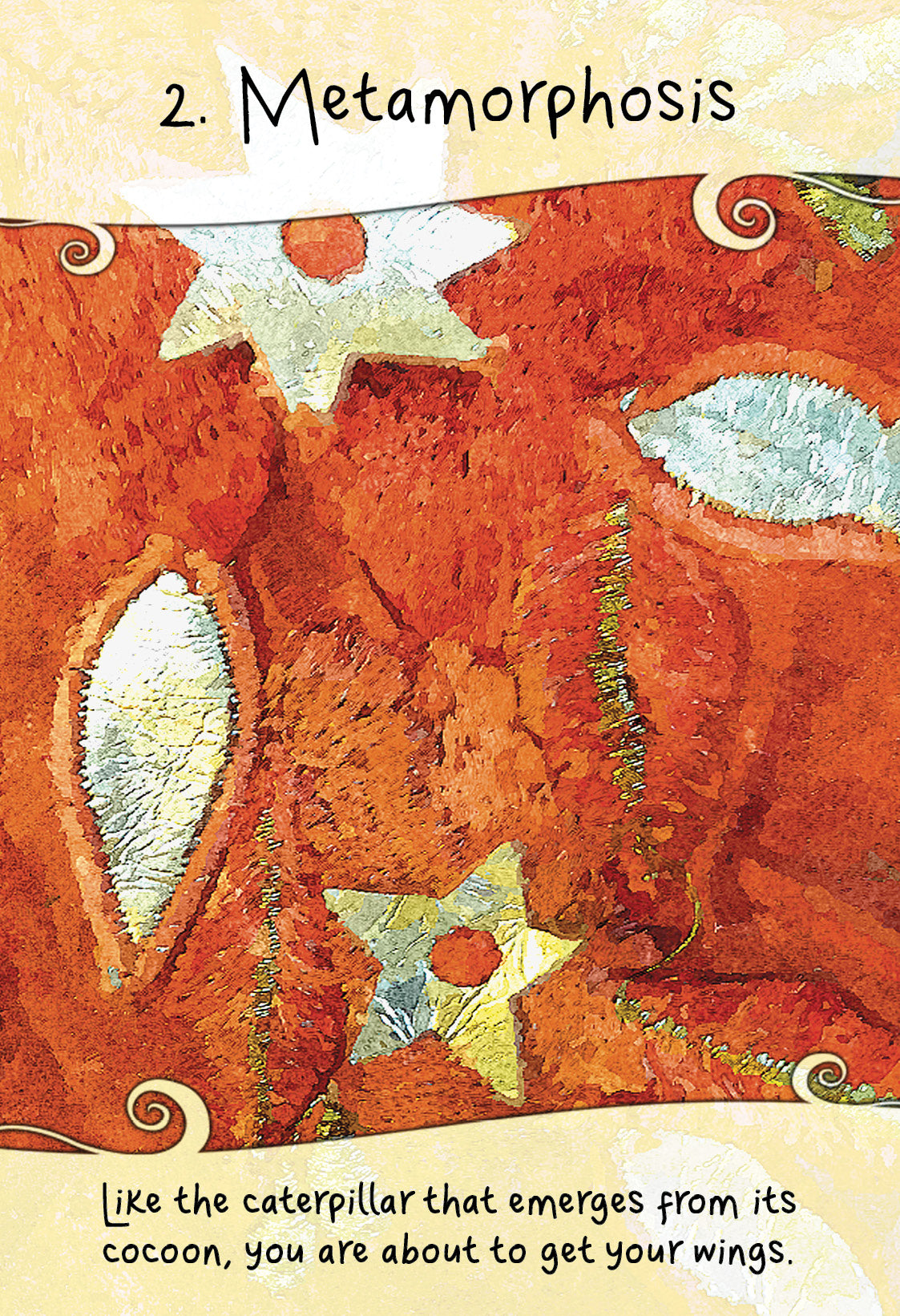In an era characterized by rapid globalization and cultural amalgamation, the Bahá’í teachings offer a profound invitation to transcend the confines of one’s cultural identity. This exploration unveils pathways leading to the authentic self, instigating a profound metamorphosis in perspectives. By disentangling our intrinsic essence from the cultural narratives that shape us, we embark on a journey towards self-discovery and elevated consciousness. The Bahá’í principles provide an invaluable framework for understanding how our identities are not merely products of our cultural milieu, but rather expressions of a universal human experience.
The pursuit of self-understanding, as proposed by Bahá’í teachings, moves beyond superficial reflections on cultural heritage. It challenges individuals to engage in introspection and discernment. Central to this dialogue is the concept of the oneness of humanity—an essential pillar of Bahá’í belief. This notion asserts that, irrespective of cultural distinctions, every individual is imbued with an inherent dignity and potential. As one contemplates their identity through this lens, the shift from a culturally conditioned self to a universally connected self begins to unfold.
Embarking on this transformative journey entails a reconceptualization of selfhood. The Bahá’í teachings advocate for the recognition of the soul as the true essence of being, a perspective that invites individuals to delve deeper than the superficial layers of ethnicity, nationality, or societal roles. It argues that the soul is intrinsically linked to the divine and operates on a dimension separate from temporal identities. Thus, in striving to unveil the essence of who we truly are, we must cultivate a relationship with our spiritual self, transcending the limitations imposed by cultural narratives.
A pivotal aspect of this journey is the acknowledgment of the interdependence of all cultural identities. Within the Bahá’í framework, the rich tapestry of cultural diversity is celebrated as a manifestation of humanity’s collective experience. Each culture contributes unique insights, values, and expressions; however, it is paramount to recognize that these cultural factors should not obfuscate the universal truths that bind humanity. By engaging in an appreciation of diverse cultural paradigms, individuals can discern the commonalities and transcendent truths that foster unity and understanding.
Diving deeper into this exploration requires an examination of the duality inherent in cultural identities—those aspects that nurture personal growth and those that may, conversely, constrict personal expressiveness. Bahá’í teachings encourage individuals to discern which elements of their cultural background foster their spiritual development and which may hinder it. This discernment acts as a catalyst for shedding limiting beliefs that may have been inherited from cultural paradigms, enabling individuals to craft their unique spiritual narratives.
Moreover, the cultivation of spiritual virtues is emphasized as a means of refining one’s identity. Qualities such as love, compassion, humility, and justice are cornerstones of both Bahá’í teachings and the broader quest for understanding oneself. By striving to embody these virtues, individuals may begin to illuminate the shadows cast by cultural biases and prejudices that often obscure the authentic self. This cultivation is not merely an abstract aspiration; it is a practical pathway that leads to profound personal fulfillment and connection with others.
The interplay between personal identity and cultural identity can lead to moments of tension and conflict. In recognizing this, Bahá’í teachings urge individuals to embrace challenges as opportunities for growth. Such experiences can serve as crucibles for transformation, encouraging a deepened understanding of one’s beliefs and values. This perspective invites a re-evaluation of discomfort as a necessary phase in the journey toward self-discovery.
As one traverses the complexities of identity, it becomes increasingly apparent that the process is not a solitary endeavor. The Bahá’í community provides a supportive environment where individuals can share experiences and learn from one another. Engaging in communal activities fosters a sense of belonging that is rooted in shared aspirations rather than cultural affiliations. This interconnectedness amplifies individual journeys toward authenticity, revealing the significance of collaboration in personal growth.
Furthermore, the teachings emphasize the significance of a dynamic relationship with knowledge and learning. The pursuit of truth is seen as a lifelong endeavor that propels individuals beyond the constraints of their cultural upbringing. Encouraging critical thinking and openness to diverse perspectives amplifies one’s ability to reimagine their concept of selfhood. This intellectual engagement becomes crucial in dismantling preconceived notions and inviting a more expansive understanding of identity.
Ultimately, the quest to discover one’s true self, as articulated through the lens of Bahá’í teachings, is a multi-dimensional journey fraught with challenges and revelations. Individuals are urged to embrace the complexity of their identities while striving for a deeper connection with humanity at large. This narrative of self-discovery is not a finite pursuit; it is an evolving journey that interlaces individual and collective growth.
In embracing the Bahá’í call to transcend cultural boundaries, individuals may find that their lives are enriched by both personal authenticity and a sense of unity with others. The invitation to “discover who you really are” becomes an exhilarating exploration, marked by the promise of profound transformation. Through this journey, one learns that the essence of human existence lies not in unwavering conformity to cultural expectations, but in the joyous liberation that arises from authentic being.
